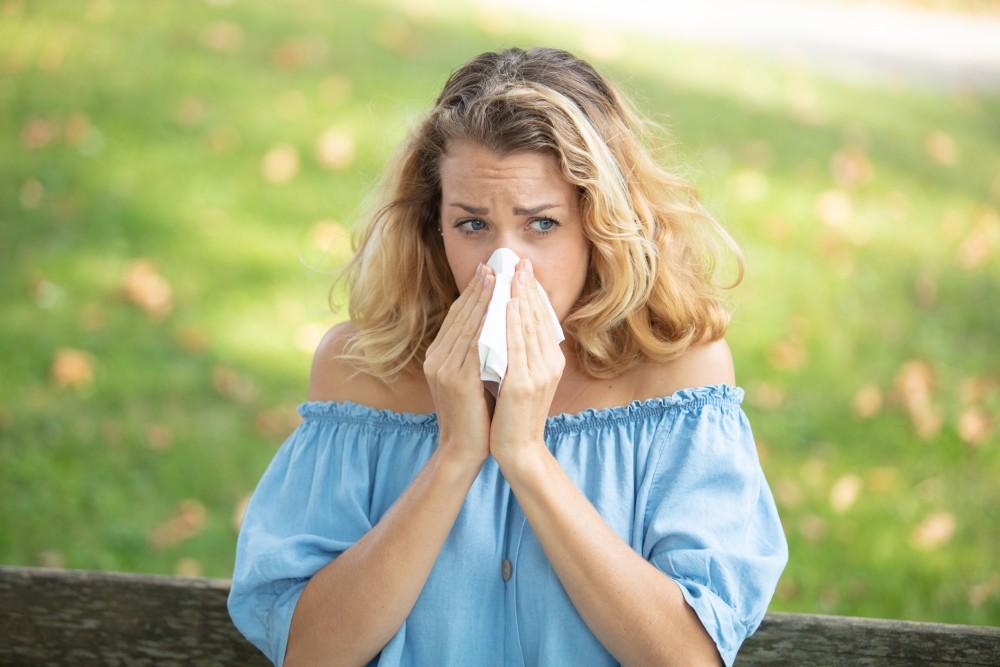
Who Is at Risk for COPD?

COPD stands for chronic obstructive pulmonary disease. However, it’s technically not a single condition. Instead, it describes a variety of lung-damaging diseases that cause breathing problems and airflow blockages.
Dr. Nehal Mehta and Dr. Prashant Patel at Respacare have the tools to detect breathing disorders and lung diseases like COPD. They also use customized pulmonary rehab programs to improve symptoms and restore healthy breathing function.
Here’s how to recognize the signs of COPD and how our Respacare team can help.
COPD basics
Studies show that approximately 16 million American adults have COPD. However, it’s likely that millions more have the disease but don’t realize it.
The two most common COPD conditions include emphysema and chronic bronchitis — and most people have both.
Common signs of COPD include:
- Shortness of breath during activity, even with mild exertion
- Chronic cough, sometimes with mucus
- Excess mucus, phlegm, or sputum production
- Wheezing
- Difficulty taking a deep breath
- Tightness in the chest
- Lack of energy
- Swelling in the legs, ankles, or feet
- Unintended weight loss
If you notice any of these symptoms, it’s crucial to see one of our experts as quickly as possible. That’s because COPD develops from irreversible lung damage, and it typically gets worse with time.
Common causes of COPD
In developed countries like the United States, up to 90% of COPD cases occur from smoking. However, that’s not the only factor that puts you at risk.
Additional causes of COPD include:
- Secondhand smoke
- Air pollution
- Workplace irritants, like dust, smoke, and fumes
- The genetic disorder Alpha-1 antitrypsin (AAT) deficiency
Your risks of COPD also increase if you have asthma — a chronic inflammatory airway disease. And, if you also smoke, your risk of COPD is even higher.
Treating COPD
Unfortunately, COPD often gets misdiagnosed until in advanced stages. That’s why it’s essential to work with experts like our Respacare team in Bridgewater, New Jersey.
Dr. Mehta and Dr. Patel rely on the latest diagnostic tools, like pulmonary stress tests and pulmonary function tests, to evaluate your cardiopulmonary health. These detailed assessments help them create personalized pulmonary rehab programs to help restore healthy breathing.
While there’s no cure for COPD, pulmonary rehab offers a customized approach to managing symptoms and shortness of breath.
Pulmonary rehab typically involves a combination of strategies, such as:
- An exercise program
- Nutritional advice and counseling
- Lifestyle changes, like quitting smoking
- Home medical equipment, like oxygen
- Drug therapy
In some cases, Dr. Mehta and Dr. Patel may also suggest surgical interventions.
On top of your pulmonary rehab program, the team can connect you with additional services. These resources range from support groups and counseling to mental and emotional professionals — all valuable components that help manage a COPD diagnosis.
Are you at risk of COPD? Don’t wait for your symptoms to get worse. Contact Respacare by phone or online to schedule a consultation with our experts in Bridgewater, New Jersey, today.
You Might Also Enjoy...


What Causes Respiratory Allergies and Can They Be Prevented?

Is Sleep Apnea a Life-Threatening Condition?

How to Stay on Top of Your Lung Health

The Benefits of a ResMed AirMini™ for Travelers


